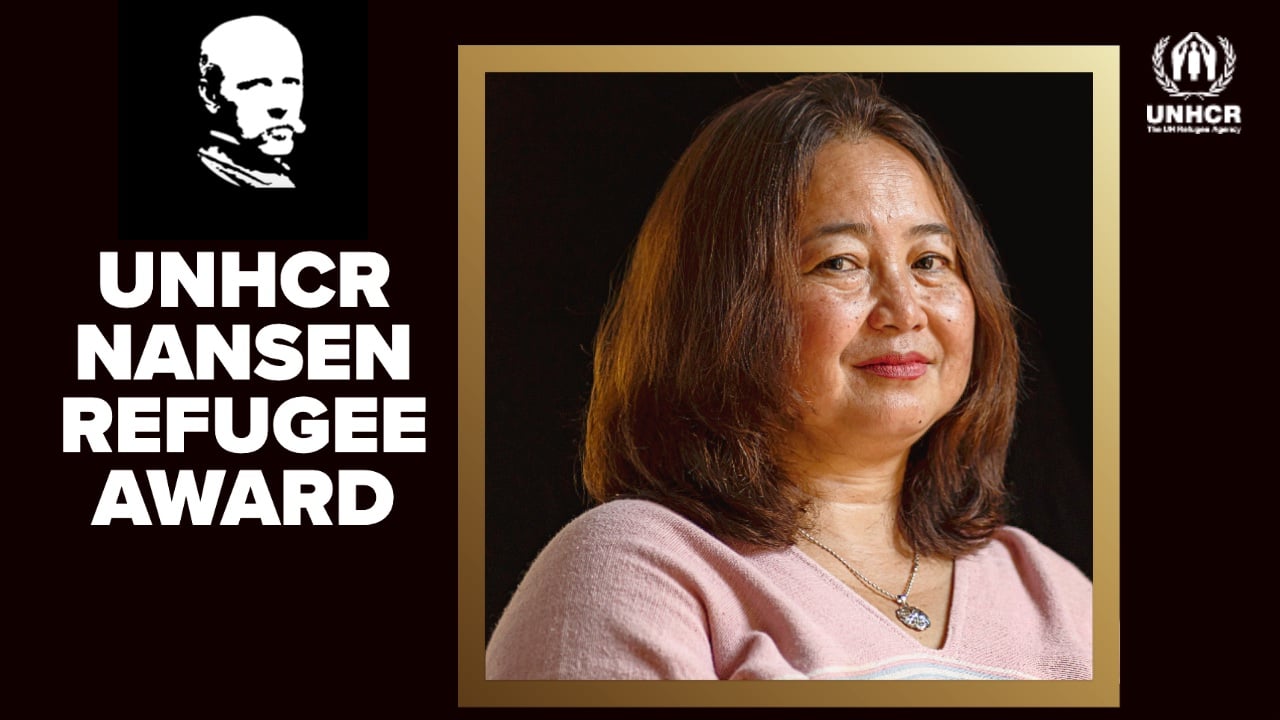UNHCR concerned about violence in North Kivu as 3,000 people flee homes
UNHCR concerned about violence in North Kivu as 3,000 people flee homes

GOMA, Democratic Republic of the Congo, February 24 (UNHCR) - The UN refugee agency expressed concern Tuesday about mounting violence against Congolese civilians in North Kivu province after some 3,000 people were displaced during an attack on their village.
"Since February 14, the so-called Democratic Forces for the Liberation of Rwanda [FDLR] have carried out numerous attacks in Masisi, Lubero and Walikale areas in North Kivu, sparking a new wave of displacement," a UNHCR spokesman said, referring to a rebel militia composed of ethnic Hutu fighters.
"UNHCR remains extremely concerned about the increased violence against civilians in North Kivu, Democratic Republic of the Congo (DRC)," he added.
Using firearms and bush knives, the FDLR has attacked Kipopo, Remeka and Kamuobe near Masisi and Kanyatsi and Busigho near Lubero, killing civilians and raping women.
Local authorities told UNHCR that some 3,000 people had been displaced in Remeka village, 20 kilometres south of Masisi, following a recent FDLR attack. Some of these displaced people are staying in churches and schools and others have taken shelter at several UNHCR-assisted sites around the town of Masisi.
A joint UN team was due on Tuesday to Kitanga to monitor and assess the needs of the newly displaced. Kitanga is located on the outskirts of Masisi.
There are also growing fears of attacks by the FDLR against civilians suspected of collaborating with the joint DRC-Rwanda military operation launched against the rebels in January. The FDLR is composed mainly of Rwandan Hutus who arrived in the DRC in the wake of the 1994 genocide in Rwanda. Today, some 30 percent of FDLR members are said to be Congolese Hutus.
The humanitarian situation in North Kivu is already dramatic, with some 850,000 internally displaced people. They include some 250,000 forced to flee just since last August, and many of them have been displaced multiple times.
By David Nthengwe in Goma, Democratic Republic of the Congo









